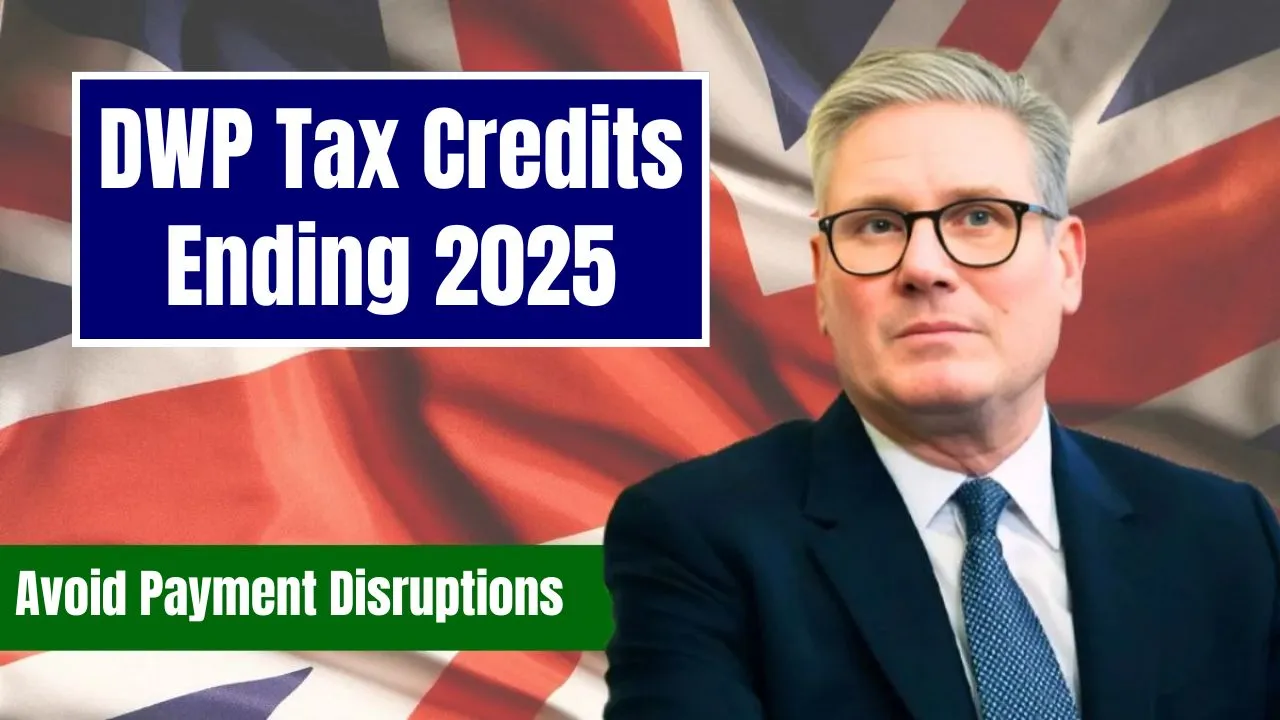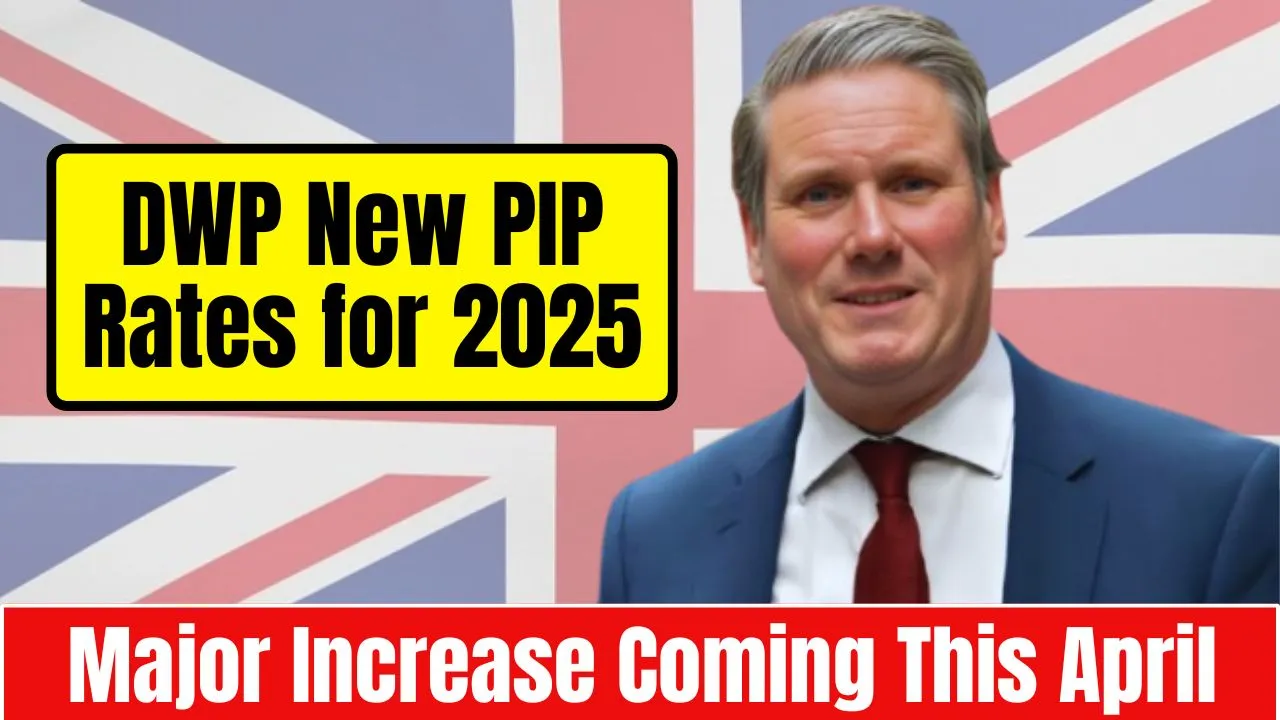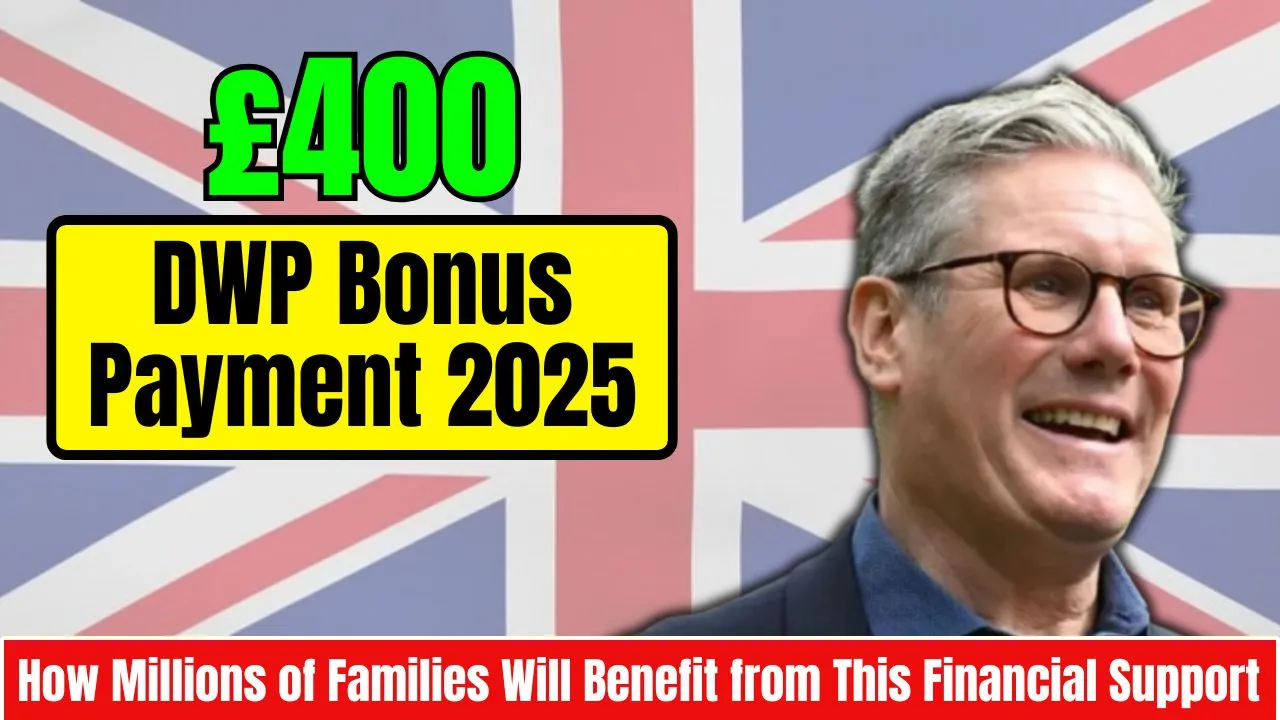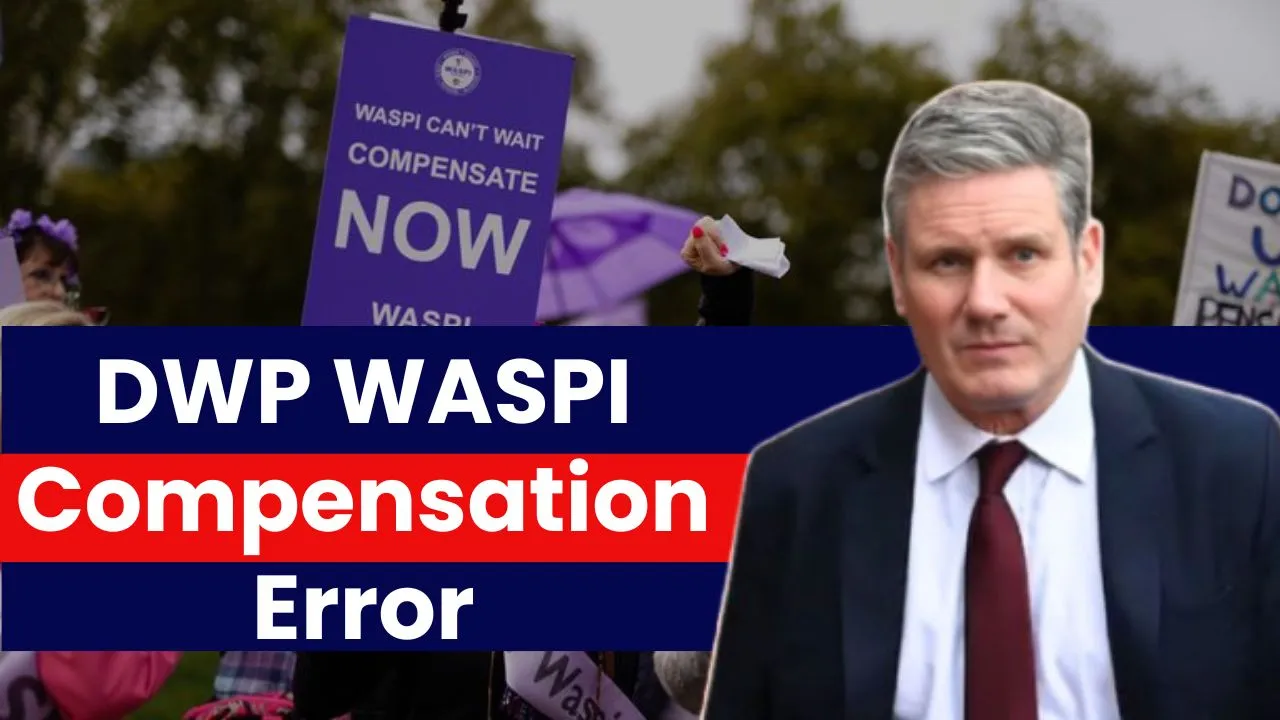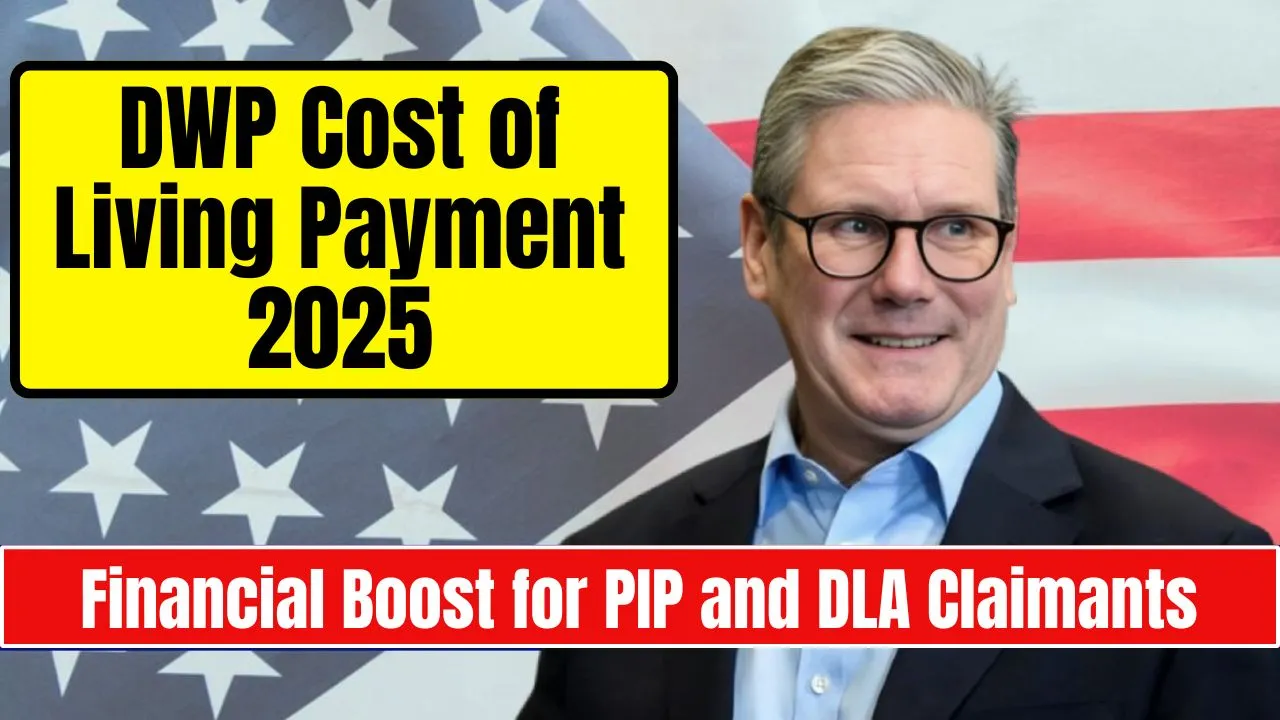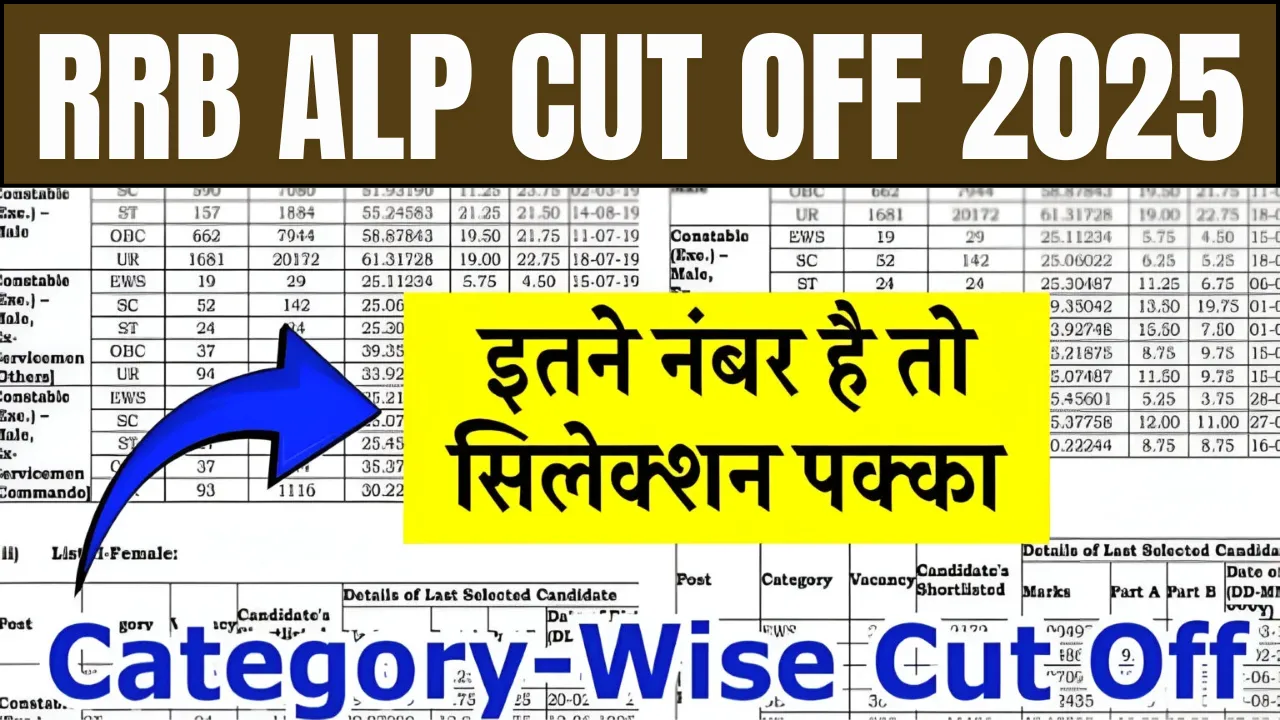DWP Tax Credits Ending 2025: The UK government has officially confirmed that tax credits will end by April 2025, affecting thousands of pensioners who rely on them for financial support. The Department for Work and Pensions (DWP) is urging individuals who currently receive tax credits to transition to either Pension Credit or Universal Credit before the deadline to avoid any loss of payments.
This move is part of the government’s welfare system reform, aimed at simplifying benefit distribution. However, pensioners who fail to act on time may face serious financial difficulties, as tax credit payments will automatically stop. This article provides essential information about the transition, who qualifies for alternative benefits, and the steps pensioners must take before the deadline.
Key Information About DWP Tax Credits Ending 2025
| Category | Details |
| Deadline | April 5, 2025 |
| Who is Affected? | Pensioners currently receiving tax credits |
| What’s Changing? | Tax credits are being replaced by Universal Credit or Pension Credit |
| Notification Process | DWP will send letters with instructions on next steps |
| Consequences of Inaction | Loss of payments, delays in receiving new benefits, and financial hardship |
| Alternative Benefits | Pension Credit (for pensioners) or Universal Credit (for some mixed-age couples) |
Why Are Tax Credits Ending?
The government has decided to replace tax credits with Universal Credit and Pension Credit as part of an effort to modernize and simplify the welfare system. By consolidating different benefits, the government aims to:
- Reduce administrative complexity by creating a more streamlined system.
- Ensure fairer distribution of financial support to those in need.
- Minimize fraudulent claims and errors in benefit payments.
The transition is expected to make it easier for pensioners and low-income individuals to receive financial support without navigating multiple programs.
Who Will Be Affected by This Change?
The DWP Tax Credits Ending 2025 policy will primarily impact:
1. Pensioners Currently Receiving Tax Credits
If you are a pensioner who relies on tax credits, you must apply for Pension Credit or Universal Credit (depending on your circumstances) before the deadline.
2. Low-Income Pensioners Who Depend on Financial Support
Pensioners who use tax credits to supplement their income should check their eligibility for Pension Credit, which may provide additional financial assistance.
3. Mixed-Age Couples
If you are in a household where one partner is over State Pension age and the other is under, you may no longer qualify for Pension Credit and may need to apply for Universal Credit instead.
What Are the Alternatives to Tax Credits?
1. Pension Credit
Pension Credit is a benefit specifically for pensioners that helps to top up their income and provide access to additional financial assistance.
Key Benefits of Pension Credit:
- Increases weekly income for low-income pensioners.
- Provides a free TV licence for those aged 75 and over.
- Helps with council tax bills and housing costs.
- Offers discounts on energy bills and access to Cold Weather Payments.
If you are currently receiving tax credits and are above State Pension age, you should check whether you are eligible for Pension Credit to maintain financial support.
2. Universal Credit
Universal Credit is primarily designed for working-age individuals, but some pensioners, especially those in mixed-age couples, may be required to apply for it instead of Pension Credit.
Key Features of Universal Credit for Pensioners:
- Combines multiple benefits into one monthly payment.
- Provides housing support for rent or mortgage costs.
- Eligibility depends on income, savings, and household circumstances.
Pensioners with over £16,000 in savings may not qualify for Universal Credit or Pension Credit, making it essential to check eligibility in advance.
Steps Pensioners Must Take Before April 2025
To ensure a smooth transition and avoid disruptions in financial support, pensioners should follow these steps:
1. Watch for Notifications from the DWP
- The DWP will send letters to those affected, explaining the transition process.
- These letters will contain personalized instructions and deadlines for applying for new benefits.
2. Check Eligibility for Pension Credit or Universal Credit
- Use the government’s online Pension Credit calculator to see if you qualify.
- Contact the DWP or a local benefits advisor for guidance if unsure.
3. Apply Early to Avoid Delays
- Submit applications as soon as you receive the DWP notification.
- Avoid last-minute applications, which could lead to payment delays.
4. Gather Important Documents
Prepare the following paperwork for a faster application process:
- Proof of income and savings.
- Details of your current tax credits and other benefits.
- Identification documents such as a passport or driver’s licence.
5. Seek Support If Needed
- Contact Citizens Advice or welfare charities for assistance.
- Speak to a DWP representative if you have questions about your eligibility.
What Happens If Pensioners Miss the Deadline?
Failing to transition to Pension Credit or Universal Credit before April 2025 could have serious financial consequences:
1. Immediate Loss of Payments
- Tax credits will automatically stop after April 5, 2025.
- If no alternative benefit is claimed, pensioners may be left without financial support.
2. Delays in Receiving New Benefits
- Late applications may result in weeks or months of financial uncertainty.
- Processing times for new claims can vary, creating further delays.
3. Missing Out on Additional Benefits
- Pensioners who do not apply on time may lose access to housing support, council tax reductions, and free TV licences.
Why Acting Now is Essential
The transition from tax credits to Pension Credit or Universal Credit is a major welfare system reform. Acting early ensures:
- No interruptions in financial support.
- Faster processing times for applications.
- Access to additional benefits that can ease living costs.
Many pensioners may not be aware they qualify for Pension Credit, making it crucial to check eligibility now and apply before the deadline.
Frequently Asked Questions (FAQs)
1. Why are tax credits being phased out?
The government is replacing tax credits with Universal Credit and Pension Credit to simplify the benefits system.
2. When will tax credits stop?
All tax credit payments will end after April 5, 2025.
3. What happens if I do not apply in time?
Your tax credit payments will stop, and you may face delays in receiving new benefits.
4. How do I know if I qualify for Pension Credit?
Check your eligibility using the DWP’s online Pension Credit calculator or consult a benefits advisor.
5. What steps should I take now?
- Look out for DWP letters with instructions.
- Check eligibility and apply early.
- Gather necessary documents to speed up the process.
Final Thoughts
The DWP Tax Credits Ending 2025 policy is a major shift in the UK’s welfare system, and pensioners must take immediate action to avoid losing financial support. By transitioning to Pension Credit or Universal Credit, eligible individuals can continue receiving benefits without disruption.
Do not wait until the deadline—check your options, apply early, and secure your financial future today.
